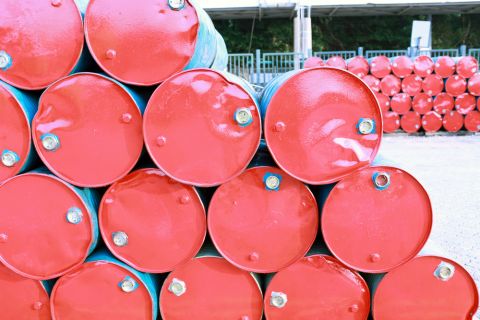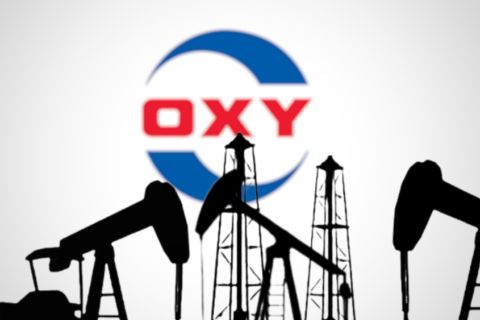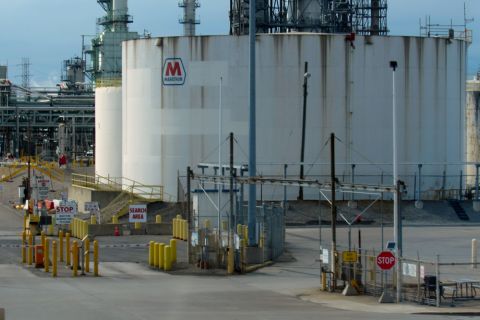EU countries will be allowed to pump more money into green projects in climate, energy and the environment, while state support for fossil fuels will face more hurdles to be approved by Brussels, the European Commission said on Dec. 21.
The Commission, which vets national governments’ state aid to check that it does not distort competition in the EU single market, set out the upgraded competition rules aimed at helping countries meet climate change targets.
The EU aims to cut its net greenhouse-gas emissions 55% by 2030 from 1990 levels and eliminate them by 2050. That will require huge low-carbon investments, including extra energy sector investments of 350 billion euros (US$395 billion) a year this decade.
“Although a significant share will come from the private sector, public support will play a role in ensuring that the green transition happens fast,” EU competition chief Margrethe Vestager said.
The new rules expand the areas where countries can offer support, including clean transport and energy efficiency in buildings.
Aid can cover up to 100% of the funding gap for green projects, including through carbon contracts for difference, which guarantee a carbon price to a project developer, irrespective of the price on the EU’s carbon market.
Support for fossil fuels such as coal and oil is unlikely to be approved, while new investments in natural gas must be compatible with the EU’s climate targets, the Commission said.
Countries can, however, use aid to close profitable coal, peat and oil shale plants faster than market forces alone would have done, and invest in lower-emissions generation. Poorer EU countries face looser rules in this area until the end of 2023—a short deadline aimed at encouraging them to move away from polluting fossil fuels faster.
Aid can also cover costs resulting from the closure of uncompetitive fossil fuel plants, such as welfare benefits to workers that lose their jobs.
EU competition enforcers are investigating German plans to provide 4.35 billion euros to utilities RWE and LEAG to speed up the phasing out of lignite coal power plants, having raised concerns over whether the compensation for foregone profits was the minimum payout in line with EU rules.
Poland also plans to ask Brussels to approve public aid as part of a deal to close its coal mines by 2049, which campaigners have have criticized as too slow to meet EU climate targets. (US$1 = 0.8858 euros)
Recommended Reading
Kissler: OPEC+ Likely to Buoy Crude Prices—At Least Somewhat
2024-03-18 - By keeping its voluntary production cuts, OPEC+ is sending a clear signal that oil prices need to be sustainable for both producers and consumers.
Buffett: ‘No Interest’ in Occidental Takeover, Praises 'Hallelujah!' Shale
2024-02-27 - Berkshire Hathaway’s Warren Buffett added that the U.S. electric power situation is “ominous.”
NGL Growth Leads Enterprise Product Partners to Strong Fourth Quarter
2024-02-02 - Enterprise Product Partners executives are still waiting to receive final federal approval to go ahead with the company’s Sea Port Terminal Project.
Canadian Natural Resources Boosting Production in Oil Sands
2024-03-04 - Canadian Natural Resources will increase its quarterly dividend following record production volumes in the quarter.
Marathon Petroleum Sets 2024 Capex at $1.25 Billion
2024-01-30 - Marathon Petroleum Corp. eyes standalone capex at $1.25 billion in 2024, down 10% compared to $1.4 billion in 2023 as it focuses on cost reduction and margin enhancement projects.





